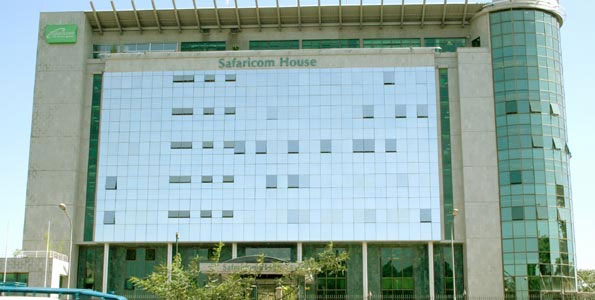Treasury pays KSh7.5B initial installment to Safaricom for security network job

The Kenyan Treasury has paid telecoms operator Safaricom Sh7.5 billion as the initial installment for the 2014 building of a digital security system in Nairobi and Mombasa.
The payout is about half of the total Sh14.9 billion that Safaricom expects from the deal it struck with the Government.The contract required Safaricom to install CCTV cameras in Nairobi and Mombasa that transmit real-time data to a central point at the police headquarters and to connect all police stations in the two cities to high-speed (4G) Internet.
Safaricom chief executive Bob Collymore said that the government had committed to pay the remaining Sh7.4 billion in quarterly installments of Sh939 million from December 24.
According to Business Daily, the First payment was done on November 24. Next quarterly payment was due on December 24 and will continue until the full amount is recovered.
Safaricom was awarded the tender to construct the construct the communication and surveillance system for the National Police Service as a smart tool to battle crime in the wake of incessant terror attacks by The Interior ministry in 2014.
The project involved connecting 195 police stations in Nairobi and Mombasa to high-speed, fourth-generation network (4G) to ease communication.
Safaricom was also mandated to supply the police with radio communication devices (GSM walkie-talkies fitted with SIM cards and cameras) that can take pictures at crime scenes and send real-time data to the command center for analysis.
The first phase of the surveillance system went live in May 2015 and Safaricom said it had trained more than 10,000 officers to operate and maintain the system.
The contract also involved installation of tamper-proof, high definition and ultra-high definition CCTV cameras in Mombasa and Nairobi that are connected to a national command and control center.
Safaricom opted not to demand upfront payment and instead offered to set up the system and get reimbursement for the contract. It also offered to support the system through a managed service deal for five years.
The national surveillance, communication, and control system links all security agencies — military and police — electronically, making it easy to share information and direct operations.
The government is banking on the system to avert and pre-empt attacks through the 24/7 surveillance.



